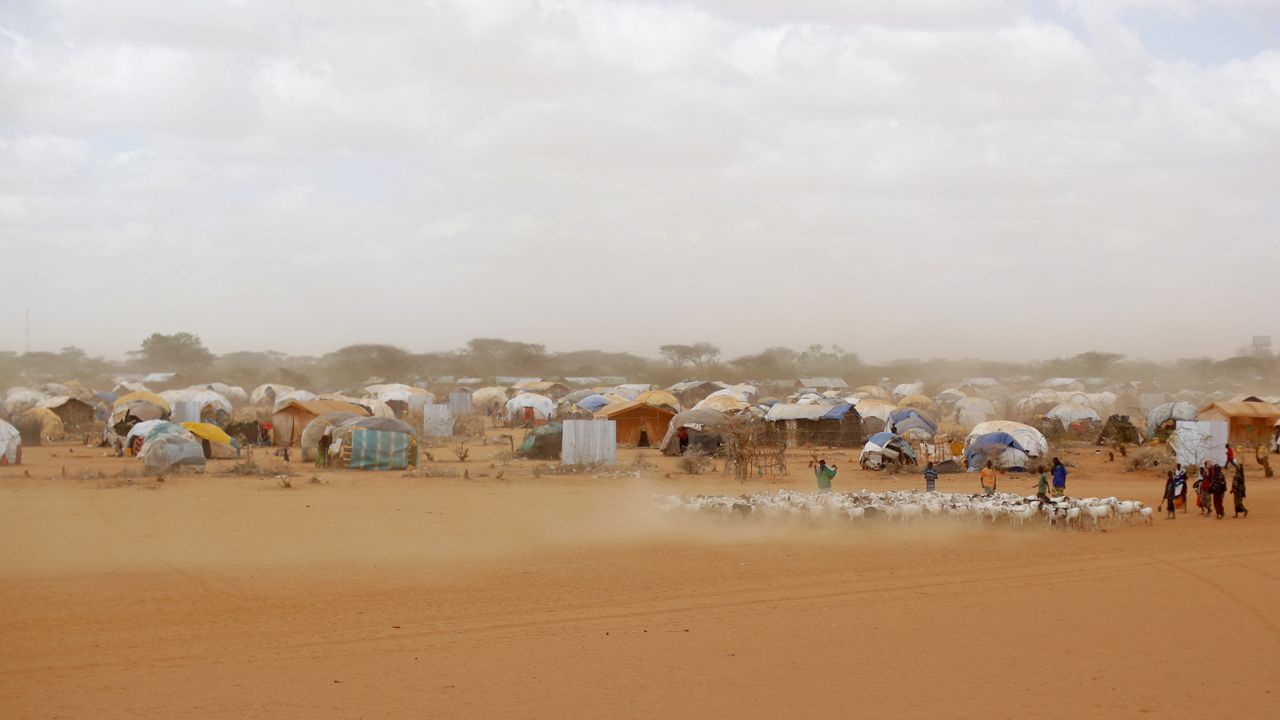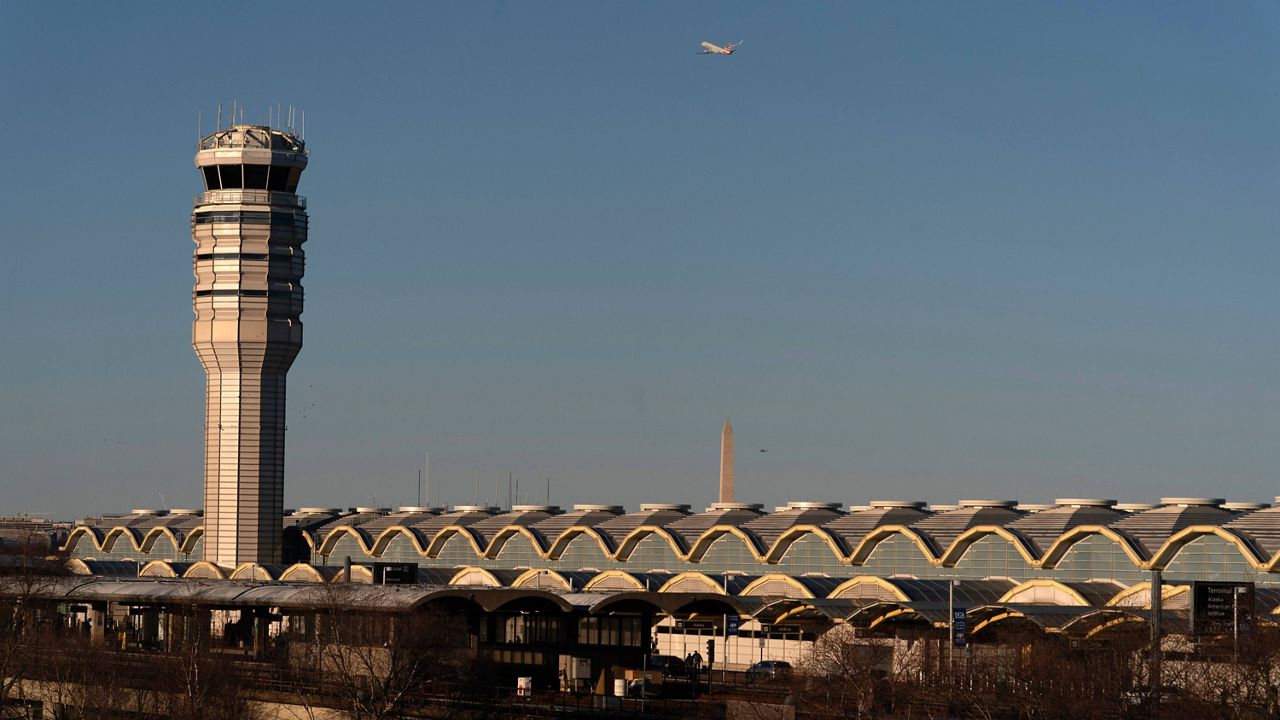Several of the world’s leading experts in science, finance and geopolitics issued separate warnings early Monday about the continued impact of climate change on nearly every aspect of human life, both in the immediate present and in the decades to come.
Michelle Bachelet, the United Nations’ high commissioner for human rights, opened this year’s annual U.N. Human Rights Council assembly in Geneva with a warning that human inaction on climate change is “severely impacting a broad range of rights” for people across the globe, including — but not limited to — the “rights to adequate food, water, education, housing, health, development, and even life itself.
“The interlinked crises of pollution, climate change and biodiversity act as threat multipliers — amplifying conflicts, tensions and structural inequalities, and forcing people into increasingly vulnerable situations,” Bachelet said in her prepared statement. “As these environmental threats intensify, they will constitute the single greatest challenge to human rights in our era.”
Bachelet cited a number of devastating climate events worldwide in recent months, including the increasingly devastating fire season in California, where nearly 2 million acres have burned so far this year, as well as this summer’s severe flooding in Germany, when over 100 people died after heavy rainfall turned streams into raging rivers that swept away houses and caused massive economic damage.
The United Nations is also particularly concerned about the “humanitarian emergency” created by climate change across Africa’s Sahel countries, which includes Burkina Faso, Cameroon, Chad, The Gambia, Guinea Mauritania, Mali, Niger, Nigeria and Senegal.
According to the Intergovernmental Panel on Climate Change, climate deterioration in Africa has been more “severe and rapid” than anywhere else in the world. The environmental problems in the region are numerous, ranging from increased desertification, longer drought periods and disparate access to natural resources.
These problems, coupled with poor systems of government and “long-standing patterns of poverty and inequalities” exacerbate issues like displacement and forced migration, geopolitical conflicts and extremist movements.
While the impact of climate change is already being felt around the world, a new study from the World Bank further found climate change could push more than 200 million people to leave their homes in the next three decades.
The report didn’t look at the short-term impacts of climate change, such as the effects of extreme weather events as mentioned by Bachelet, and did not look at climate migration across borders.
The second part of the Groundswell report published Monday examined how the impacts of slow-onset climate change such as water scarcity, decreasing crop productivity and rising sea levels could lead to millions of what it describes as “climate migrants” by 2050 under three different scenarios with varying degrees of climate action and development.
Under the most pessimistic scenario, with a high level of emissions and unequal development, the report forecasts up to 216 million people moving within their own countries across the six regions analyzed. Those regions are Latin America; North Africa; Sub-Saharan Africa; Eastern Europe and Central Asia; South Asia; and East Asia and the Pacific.
In the most climate-friendly scenario, with a low level of emissions and inclusive, sustainable development, the world could still see 44 million people being forced to leave their homes.
The findings “reaffirm the potency of climate to induce migration within countries,” said Viviane Wei Chen Clement, a senior climate change specialist at the World Bank and one of the report’s authors.
In the worst-case scenario, Sub-Saharan Africa — the most vulnerable region due to desertification, fragile coastlines and the population’s dependence on agriculture — would see the most migrants, with up to 86 million people moving within national borders.
North Africa, however, is predicted to have the largest proportion of climate migrants, with 19 million people moving, equivalent to roughly 9% of its population, due mainly to increased water scarcity in northeastern Tunisia, northwestern Algeria, western and southern Morocco, and the central Atlas foothills, the report said.
In South Asia, Bangladesh is particularly affected by flooding and crop failures, accounting for almost half of the predicted climate migrants, with 19.9 million people, including an increasing number of women, moving by 2050 under the pessimistic scenario.
“This is our humanitarian reality right now, and we are concerned this is going to be even worse, where vulnerability is more acute,” said professor Maarten van Aalst, director of the International Red Cross Red Crescent Climate Centre, who wasn’t involved with the report.
Many scientists say the world is no longer on track to the worst-case scenario for emissions. But even under a more moderate scenario, van Aalst said many impacts are now occurring faster than previously expected, “including the extremes we are already experiencing, as well as potential implications for migration and displacement.”
While climate change’s influence on migration is not new, it is often part of a combination of factors pushing people to move, and acts as a threat multiplier. People affected by conflicts and inequality are also more vulnerable to the impacts of climate change as they have limited means to adapt.
Both the World Bank and the United Nations are urging international leaders to take urgent action on climate change.
Bachelet said her team is working to create new “guidelines for human rights-based approaches to recovery, conservation and climate finance,” but also called on countries to live up to already-existing climate commitments like those laid out in the Paris Agreement.
The World Bank similarly recommended nations achieve “net zero emissions by mid-century to have a chance at limiting global warming to 1.5° degrees Celsius” and investing in development that is “green, resilient, and inclusive, in line with the Paris Agreement.”
The Associated Press contributed to this report.








